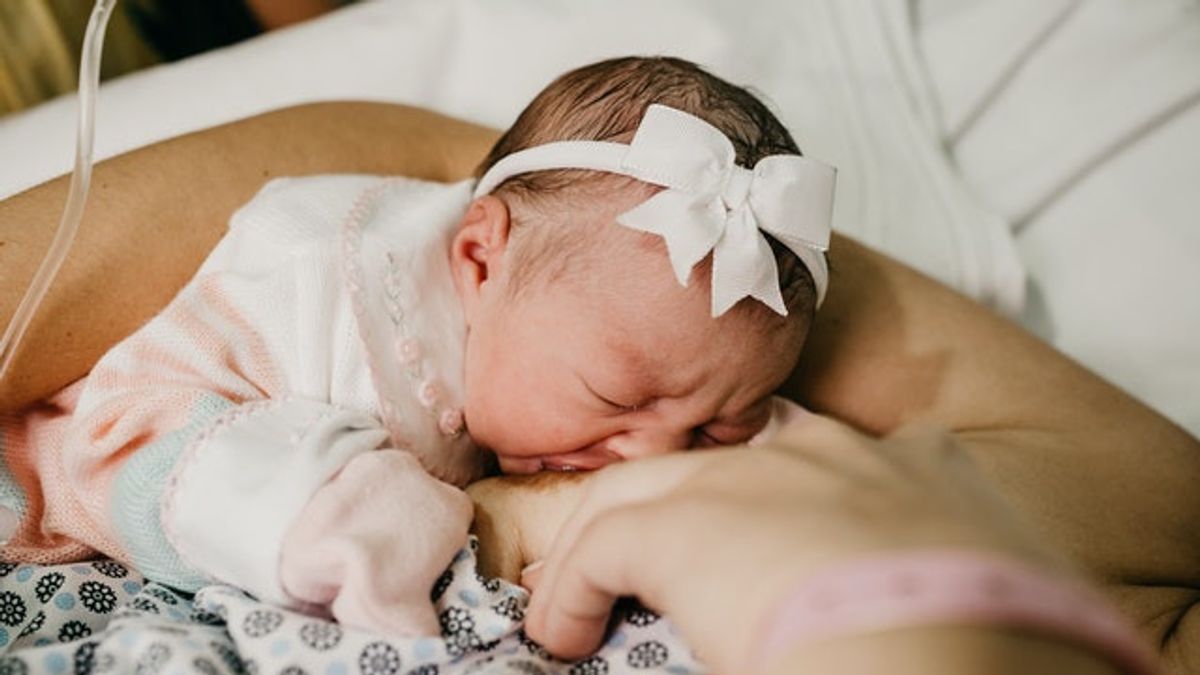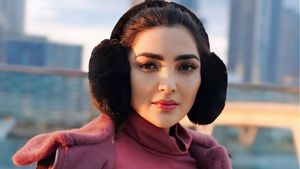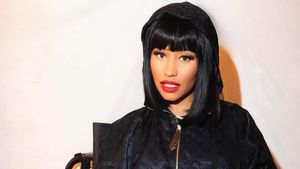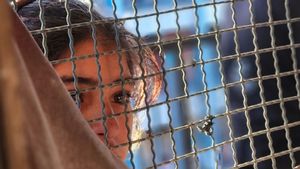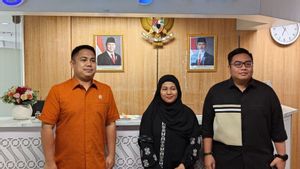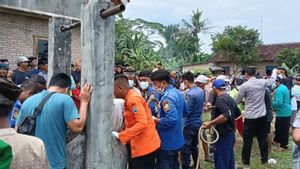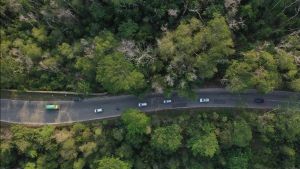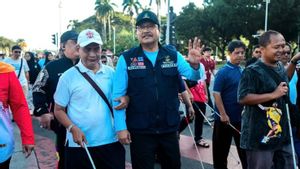JAKARTA - Mother's milk (ASI) is a staple food rich in nutrients that babies need. Therefore, mothers are advised to breastfeed their babies for at least 6 months so that the baby's growth process can be optimal.
Unfortunately, loving in the midst of the COVID-19 pandemic is no longer easy. The reason is, many mothers are hesitant to breastfeed their babies when they are declared infected with Covid-19. They claimed to be worried about the health condition of the child.
Director of Community Nutrition at the Ministry of Health (Kemenkes) Dr Dhian Proboyekti Dipo said that mothers who were positive for COVID-19 were allowed to continue breastfeeding and give exclusive breastfeeding to their babies.
"In a situation like the current COVID-19 pandemic, the recommendation is that mothers with COVID-19 can continue to breastfeed and breastfeed their babies," Antara reported, Friday, August 6.
The World Health Organization (WHO) and UNICEF also shared the same opinion. These two organizations consider that breastfeeding infants should not be stopped by mothers who are positive for COVID-19. Given, the benefits of breastfeeding for infants and mothers are very large in terms of health, social, and economic.
For example, in terms of health. Breastfeeding helps protect children from various diseases such as diarrhea and pneumonia, reduces the risk of children being obese or overweight and less susceptible to non-communicable diseases in adulthood.
Furthermore, Dr Dhian also stated that mothers who were exposed to COVID-19 did not need to be afraid if their children were also infected. Because until now there is no evidence or evidence that breast milk given by a mother can transmit the virus to her baby.
“A study conducted in Wuhan, China in 2019, did not find SARS-CoV-2 in the breast milk of mothers who had confirmed COVID-19. This means that breastfeeding must still be carried out," he said.
However, breastfeeding when the mother is positive for Corona is a little different from before contracting the virus. WHO states, when breastfeeding, mothers need to adhere to infection prevention and control measures to prevent contact transmission between mothers with suspected or confirmed COVID-19 and their babies.
Preventive steps that can be taken include wearing a medical mask correctly when breastfeeding a baby, changing the use of a mask regularly, washing hands with soap and running water before handling the baby, avoiding touching the nose and eyes and cleaning and disinfecting surfaces that are frequently touched by the mother.
In order for the protection to be more comprehensive, a lactation counselor, Dr Ameetha Drupadi stated that breastfeeding mothers are also advised to vaccinate. Regarding the safety of vaccines, researcher and pediatrician from WHO, Soumya Swaminathan ensured that there is no risk to mothers and babies after being vaccinated because the vaccines currently used do not contain live viruses.
"The antibodies that the mother has can pass through breast milk to the baby and may do little to protect the baby. But there's absolutely no harm in it. It's very safe. So women who are breastfeeding can definitely take the vaccines that are currently available," he said.
Not only that, other studies have also proven that breastfeeding women who have been vaccinated have antibodies in their breast milk, which can give their babies protection against COVID-19.
Karleen Gribble of Western Sydney University's School of Nursing and Midwifery said antibodies that pass through breast milk from vaccines can be absorbed orally by babies and offer short-term protection by fending off infections before they occur.
However, if the mother is too sick to breastfeed her baby directly, it is best to consult a medical professional. If possible, the mother can express her breast milk and then give it to the baby or ask for help from family members who are not affected by COVID-19 to breastfeed the baby using a clean spoon. As for vaccination, breastfeeding mothers still have to consult a doctor before receiving the COVID-19 vaccine, including the screening they need to undergo before being vaccinated.
The English, Chinese, Japanese, Arabic, and French versions are automatically generated by the AI. So there may still be inaccuracies in translating, please always see Indonesian as our main language. (system supported by DigitalSiber.id)
